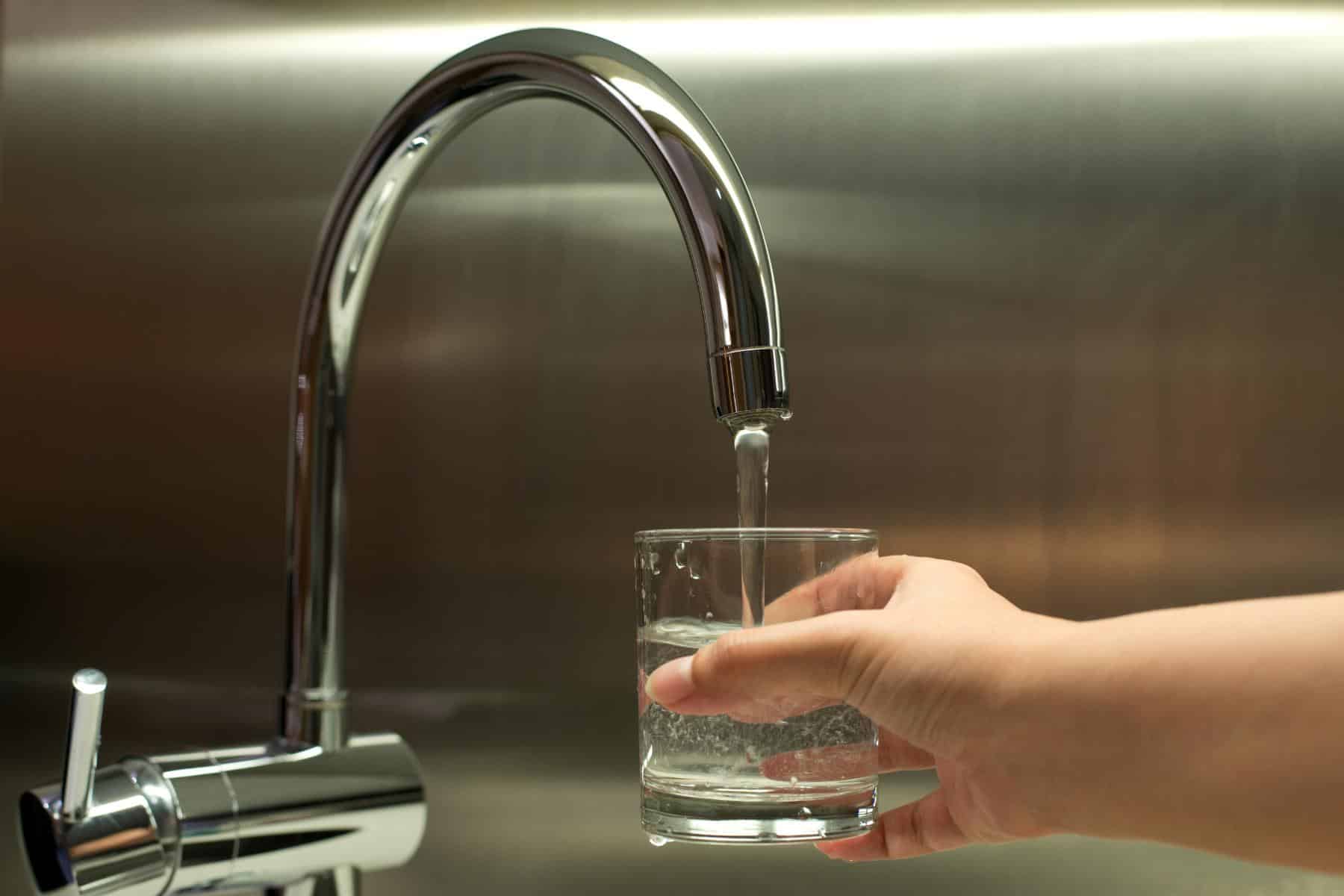
Water, water everywhere, nor any drop to drink
By Jake Cole and Beatrice Olivastri
That line from the “Rime of the Ancient Mariner” was written in 1798. That verse may be quite prophetic and more relevant today than ever. Is our water safe to drink today? Maybe not so much.
Our water is essential to all life on earth. Yet it is becoming more and more difficult to find it in a pure and healthy form. In addition to pesticide residues, storm runoff and other contaminants, there is a relatively new one that is being found in this precious resource. It is plastic and more specifically microplastics and nanoplastics, particles that are much smaller than we can possibly see but in such detectable abundance that we should be worried, seriously worried.
It is not just plastics in our drinking water that should concern us.
A 2019 study by the World Health Organization states that plastics are a health concern but the study stops short of saying how serious a concern, instead stating that more information is needed to answer that question.
A follow-on study in 2022 on the same subject, provided some more insight. It listed the type of new research required to get a better understanding of the issue and the potential health and environmental concerns that may exist. But not much more. As for Canada’s position on the subject, Health Canada contributed to both of these WHO studies but as of now, has not taken significant action to provide reassurance to Canadians about the plastic pollution in drinking water.
How much plastic do we consume? A reputable study estimates that we each ingest plastic in many forms, about the equivalent of a credit card per week.
And other reports indicate that not all of that plastic passes right through us. At least some of it stays in our bodies, perhaps wreaking havoc to our health sooner or later. A study from Australia reports serious scarring in the organs of seabirds that are consuming plastics in their normal food. The study has coined the expression, “Plasticosis” to describe the condition.
There are more reports and studies on the subject. The more we considered the research literature, the more we became convinced that more information on this subject needs to be provided by our authorities and more action needs to be taken – now, not later.
Should Canadians be doing anything right now to reduce the amount of plastic that they are using, and discarding? Should we be drinking water from those typical single use plastic bottles? (Our investigation so far, would say, “No”.)
Like so many current environmental concerns, it is often hard to accept that things that we have been doing routinely for so long, may be harmful. Plastic was in essence, a miracle item when it was first introduced in 1907. It has grown since then to become a routine product used today by almost everyone on our planet. Only now, it is starting to be recognized as detrimental to our environment, for our wildlife and, for us.
The World Health Organization tells us that wastewater treatment can remove more than 90% of microplastics from wastewater. We’ve also learned that conventional drinking-water treatment can remove particles smaller than a micrometre. But the hard question remains: Is that good enough?
But why leave plastic pollution to end-of-the-pipe wastewater treatment? Friends of the Earth Canada believes that pollution prevention should be the first step. We need to take a hard look at how we use plastics in our daily lives and reduce our use of plastics especially in relation to food. Cooking in anything plastic should be avoided. Single use plastics need to be banned and replaced by refillable and reusable packaging.
While we agree with the World Health Organization that more research is needed, we also believe more can be done to prevent plastic pollution in the first place. At the negotiations for the new UN Global Plastic Treaty, we need a limit to the production and consumption of plastics worldwide. We also need an advisory body much like the Intergovernmental Panel on Climate Change (IPCC) to assess and advise on the science of plastic pollution.
Join Friend’s of the Earth’s
Plastic-Free Lunch Campaign





